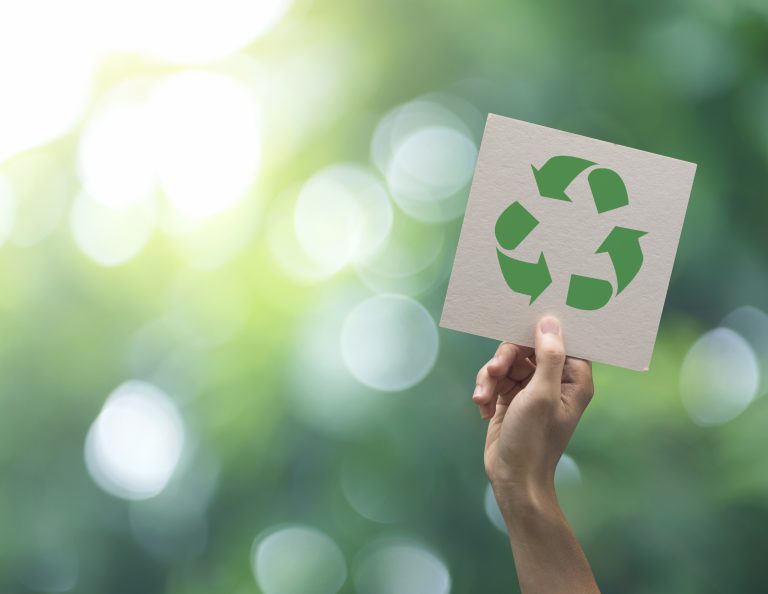The sustainability landscape is quickly evolving as various industries such as fashion, food, automobile, real estate and others, are starting to become more environmentally aware than ever. If you’re wondering how you can contribute to making a better world for future generations, keep reading to find out how big of an impact you can make by simply recycling (the right way). Recycling plays a core role in sustainability as it not only prevents pollution, but also reduces greenhouse gas emissions, preserves natural resources, and protects ecosystems and wildlife. Considering how important it is to recycle, it is even more vital to make sure you know the do’s and don’ts of recycling so your efforts don’t go to waste.
RECYCLING STATISTICS
Before we talk about how you can recycle effectively, let’s dive into the shocking recycling statistics to better understand how important it is to recycle correctly. According to the University of Southern Indiana, every American produces 1,609 pounds of garbage every year, making it the #1 trash-producing country in the world. This statistic may not be surprising considering the US is the world’s largest economy, however, the lack of commitment to recycling its waste footprint is detrimental to the environment. In fact, research by Verisk shows that the US only recycles 35% of its municipal solid waste and is also the only developed nation whose waste generation outstrips its ability to recycle.
However, the main concern that is causing a serious recycling issue is the US’s high rates of contaminated recycling which is leading to more and more reusable materials being rejected. According to Rubicon, the average recycling contamination rate is 25%, or 1 in 4 items and The Environmental Protection Agency estimates that 75% of waste is recyclable yet only close to 34% of it is recycled.
RECYCLING CONTAMINATION
Recycling contamination includes material that was recyclable at one point but got contaminated along the way in the recycling system. Recycling contamination can have serious consequences such as reduction in the quality and market value of the materials, materials ending up in landfills, breaking of recycling machinery, and causing safety hazards for recycling workers.
The main reasons materials get contaminated are due to the following:
- Leftover food or liquids
- Hazardous materials such as needles, batteries, diapers and paint
- Unclear bin labelling
- Incorrect recycling items being tossed in bins such as grocery bags, straws and coffee lids
HOW TO RECYCLE (THE RIGHT WAY)
Recycling the correct materials in the right way is not as simple as you might think. Even recyclable materials like plastics and paper products can act as contaminants if they are placed in the wrong bin, making it important for materials to be placed in the correct stream. Since not all recyclables can go inside the same container, try to place labels on each recycling container according to their category.
Recyclables that contain food or liquid residue can also contaminate other perfectly good recyclable materials in the recycling system, turning them into garbage that ends up in landfills. Even if 95% of recyclers are correctly tossing items into a bin, just one person can put the entire collection at risk of being sent to a landfill by incorrectly separating their recyclables. It’s best to avoid these problems by emptying and rinsing your containers of all possible contaminants and also clearly labeling your bins.
Below are the most common recyclable items:
- Paper
- Glass
- Plastics
- Cardboard
- Cans
SUSTAINABLE HABITS
Depending on where you live, it may not be as easy to recycle. Therefore, it’s important to know of alternatives if no recycling pickups are available in your area. You can either set up your own recycling system, find drop-off locations near you or just simply create sustainable habits. Building sustainable habits start with having a reuse and reduce mindset.
You can reduce and reuse by cutting down on your consumption, using reusable water bottles, taking cloth totes to the grocery store, or going paperless unless you absolutely need to print paper. If you have to print paper, consider using recycled paper. Lifestyle changes such as purchasing sustainable products from brands that have better environmental practices and switching to electric vehicles are also great sustainable habits. Sustainability can be an exciting way of life and has countless benefits for the current and future state of our world.


